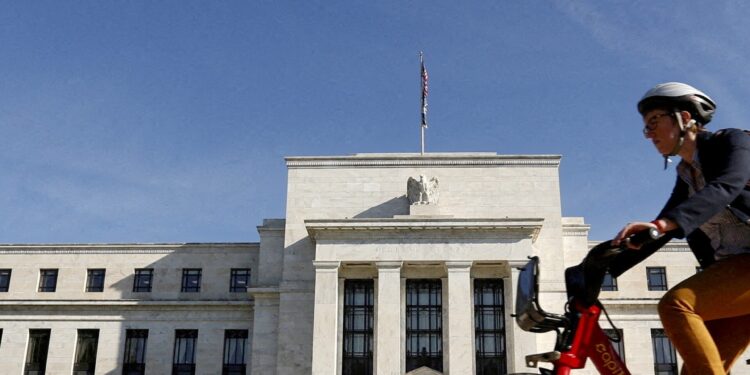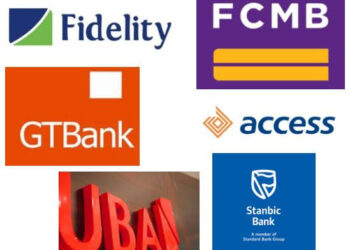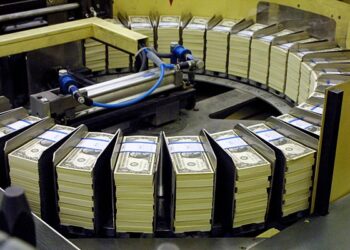U.S. banks borrowed $1.5 billion from the Federal Reserve’s Standing Repo Facility on Monday, the deadline for quarterly corporate tax payments and Treasury debt settlements, Fed data showed, suggesting some tightness in meeting funding obligations,according to Reuters.
The SRF serves as a backstop for any potential funding shortage. Launched in July 2021 in the aftermath of the Covid-19 pandemic, the Fed’s SRF offers daily overnight cash twice a day in exchange for eligible collateral like Treasuries.
The corporate tax date coincides with a large Treasury security settlement for recently issued debt, analysts said.
Data from money market research firm Wrightson ICAP showed roughly $78 billion in payments to the Treasury due on Monday as well.
Those settlements along with corporate taxes should push the U.S. Treasury’s cash balance to more than $870 billion.
U.S. financial institutions borrowed $1.5 billion in cash in the morning. There were no borrowings in the afternoon.
On June 30, financial institutions borrowed about $11.1 billion from the SRF, backed mostly by Treasuries as collateral, the largest such borrowing since its launch four years ago.
“Small utilization of the SRF today is in line with our expectations and speaks to elevated repo levels potentially giving some banks or dealers an opening to make a return by sourcing funds from the Fed and lending them out,” said Steven Zeng, U.S. rates strategist at Deutsche Bank.
“Cash is tight today because money market funds have had less excess to lend, as they’ve been allocating more to T-bills and also losing or holding back cash for redemptions ahead of today’s corporate tax date.”
Ahead of these payments, rates in the repurchase (repo) such as the Secured Overnight Financing Rate have risen above the interest paid on bank reserves. SOFR, the cost of borrowing cash overnight collateralized by Treasuries, rose to 4.42% last Friday, matching the level hit on September 5, which was the highest in two months.
READ ALSO:Oil Holds Gains As Investors Eye Impact From Attacks On Russian Energy Facilities
The Interest on Reserve Balances, on the other hand, is currently 4.40%.
SOFR should trade at or below IORB because banks can always park money risk-free at the Fed and earn IORB. But if SOFR rises above IORB, it suggests there is exceptional demand for secured funding against Treasuries, which typically happens around Treasury auction settlements.
Teresa Ho, managing director and head of short duration strategy at JPMorgan in New York, said in a recent research note that while firmer SOFR levels are to be expected, “the magnitude somewhat caught us off guard.”
She noted that while markets have largely absorbed the additional Treasury bill supply with ease, the reallocation from repo to T-bills accelerated in August as money market funds aggressively extended their weighted average maturities, pricing in potential Fed rate cuts.
Analysts said Monday’s liquidity pressure should be temporary.
“Funding conditions will only show the kind of incremental pressure that would typically be associated with a major Treasury coupon settlement date and a quarterly tax deadline rather than a disruptive funding squeeze,” wrote Lou Crandall, chief economist at Wrightson.













